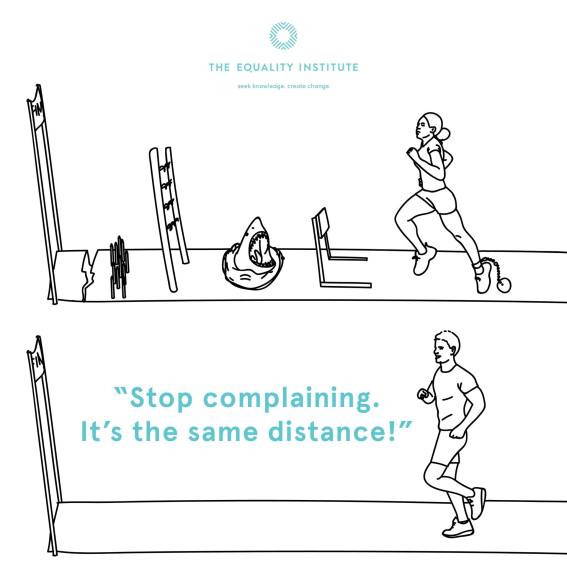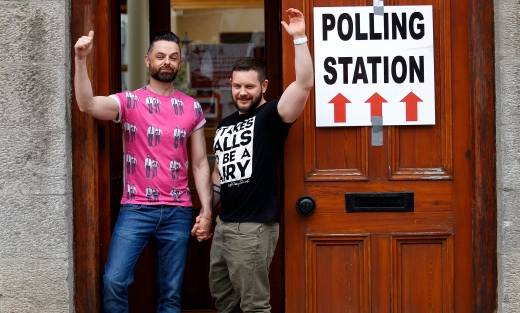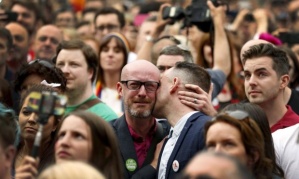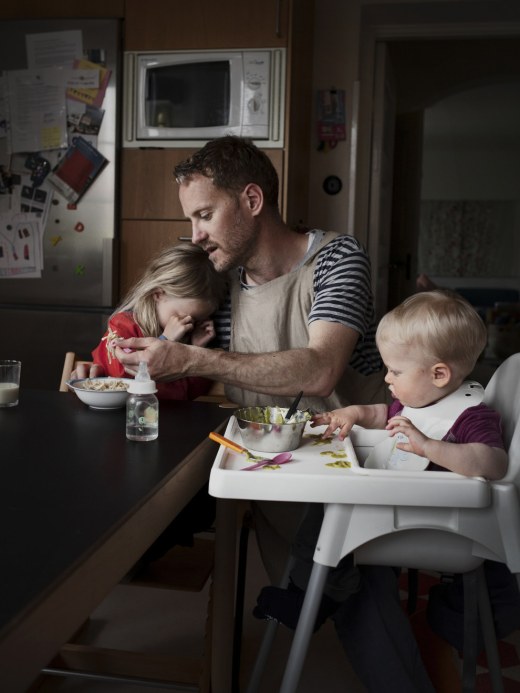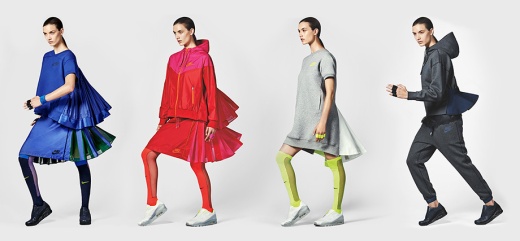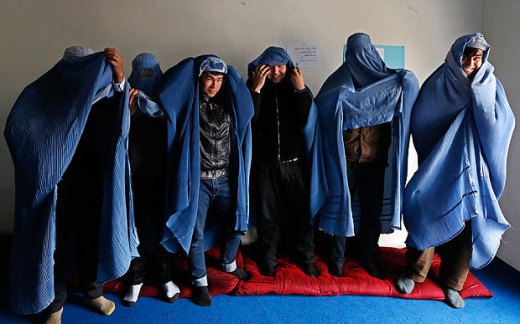Every morning, the first thing I do when I wake up is go to the bathroom and pluck out the tiny black (and, now, even some white) hairs that have emerged on my chin since when I was standing in front of the mirror 24 hours earlier.
In some ways, it’s quite satisfying, this daily ritual of mine: finding the perfect angle to tweeze out every last one of those hairs, managing to grasp even the tiniest new growths, discovering sneaky strands that slipped by unnoticed yesterday to survive another day – little do they know that today they will meet their end.
But it’s also a melancholy ritual laden with memories. Memories of being called ‘monkey’ in the school car park when I was 12. Of demanding to have blood tests and ultrasounds when I was 13 or 14 to check if there was anything ‘wrong’ with me or my ovaries. Of trying to cover up the unnatural new horizontal hairline across the middle of my face after using depilatory cream when I was 16. Of being shocked by the zipper-like sensation of having threading done for the first time when I was 22. Of spending hours getting my face, arms, and bikini line zapped with lasers when I was 27. Of burning my skin with hair bleaching cream when I was 17…and 24…and 30.
Every time I go camping, or stay somewhere with shared toilet facilities, it’s a ludicrous juggle of pocket mirror in one hand, tweezers in the other, phone flashlight strategically but precariously balancing on a knee or a rock or a toilet lid.
And, what for? So that the world never finds out that my body insists on growing hair in places that society insists it shouldn’t? So that others never find out that I’m…human?
As someone whose life, both professionally and personally, centres on promoting the equality of all genders, breaking down harmful stereotypes, and celebrating diversity, this daily ritual is also a daily battle with myself.
I still remember the inspiring film about women with facial hair that our professor screened during my undergraduate Gender Studies degree almost two decades ago. My heart fills with pride every time I notice my female-identifying friends nonchalantly sporting foot hair, or chin hair, or a moustache. My partner seems to love me just as much pre-plucking and he does post-plucking. And when I’m in the middle of epilating, he can’t even tell which leg is the hairy one and which one has been freshly denuded. Women like Harnaam Kaur rock my world.
So why can’t I offer myself the same freedom?
I agree wholeheartedly with the idea of ‘my body, my rules.’ I don’t think removing some hair makes me any less of a feminist – my feminist spirit doesn’t reside in those tiny whiskers.
Yet, as a feminist who tries to be conscious of the impact of not only my words but also my actions, I wonder if I’m sending mixed messages to my three year-old niece by telling her she is perfect just the way she is but then plucking my eyebrows in front of her. Is it any better if she doesn’t actually see me doing it? Am I being hypocritical when I discuss ideas with young feminists about how we can smash the patriarchy together, and my gesticulating arm is unnaturally hairless? When I debate with men who are blind to their privilege about the need to shift the social norms perpetuating gender inequality, does it weaken my argument if, a few hours before, I was in front of the mirror performing my daily ritual?
No. They are not mutually exclusive. While my photography might sometimes be black and white, I am not.
As another inspiring Kaur, this one by name of Rupi, reminds me, my body is my home:
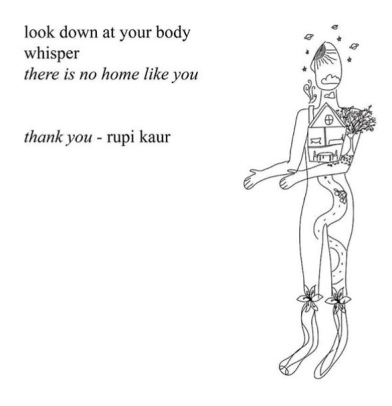
By Rupi Kaur. Source: https://www.instagram.com/p/BgSXQDQA-yb/?hl=en&taken-by=rupikaur_
In my house, I decorate the walls, change the paint, move the furniture – I do whatever I need to so as to feel comfortable and happy in that space which is mine. So it shouldn’t be any different with my body. Any changes are mine to make – or not – as I please. And what a home it is!
Yet, I’d like to reach the stage where I feel fully empowered, either by choosing to take the hair out OR by choosing to leave it in. Where I feel like I own that choice – not because, socially OR politically, it’s what I should do. Even if it’s futile.
No guilt. No melancholy. No doubt.
I’m not there yet. But, as words and photos are outlets that help me make sense of myself as much as they help me make sense of the world around me, I’m committed to embarking on a creative, reflective, journey to try to find my way.
I look forward to bumping into you on one path or another, to hearing your stories, or even just seeing you encouraging from the sidelines.
Here are my first steps.



